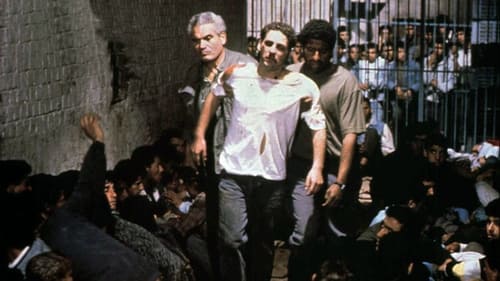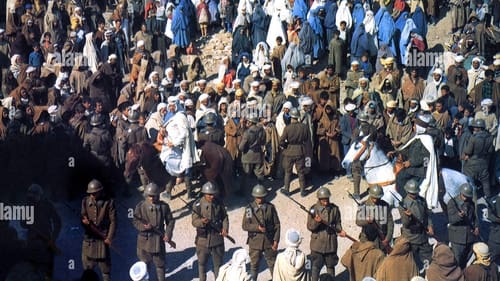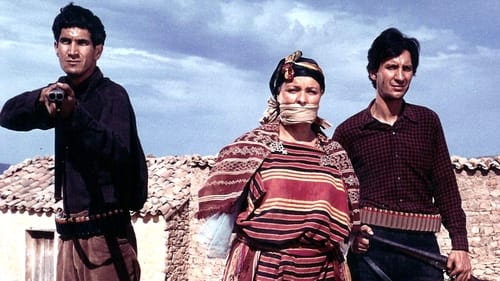Nourredine Meziane (Cheikh Nourredine)
Nacimiento : 1918-01-01, Larbaâ Nath Irathen, Algéria
Muerte : 1999-08-01
Historia
Noureddine Meziane born in 1918 and died in August 1999, known as Cheikh Noureddine, is an Algerian singer, poet, actor and writer.
Born in 1918 in the village of Aguemoun in the commune of Larbaâ Nath Irathen (ex-Fort-National) in Grande Kabylie, he is the son of Si Mohand Tahar Ouguemoun, a village teacher (Sidi Abderrahman school). He attended Koranic school until the age of 16. In 1935, he landed with his brother Mohamed Noureddine in Algiers, where he was hired as a waiter in various establishments.
In 1936, while he was singing while doing the dishes in a tavern, Meziane was noticed by the director of Pathé Marconi who lived not far from there and offered to record his songs. He sings Anfy'ad rur and A xali xali for the first time.
Two years later, he recorded his first album, consisting of 12 songs: Allo triciti, Anfiy'ad rur, A xali xali, Yelis t murth, etc. A few months later, he contributed to the foundation of a Kabyle channel, Channel 2, through his shows, his sketches and his songs.
In 1960, he published Un Algérien conte with Editions du Seuil and, in 1998, the writer Youssef Nacib devoted a biography to him, Cheikh Noureddine, comedian, poet, singer (Éditions El-Ouns).
In the cinema, he began his career in the film Les hors-la-loi (1969) by Tewfik Fares. Then we see it in the film Patrol in the East (1971) by Amar Laskri. he plays the friend in the film Chronicle of the Burning Years (1975) with Yorgo Voyagis, Mohammed Lakhdar-Hamina, Leila Shenna and directed by Mohammed Lakhdar-Hamina.
Noureddine Meziane died in August 1999.





